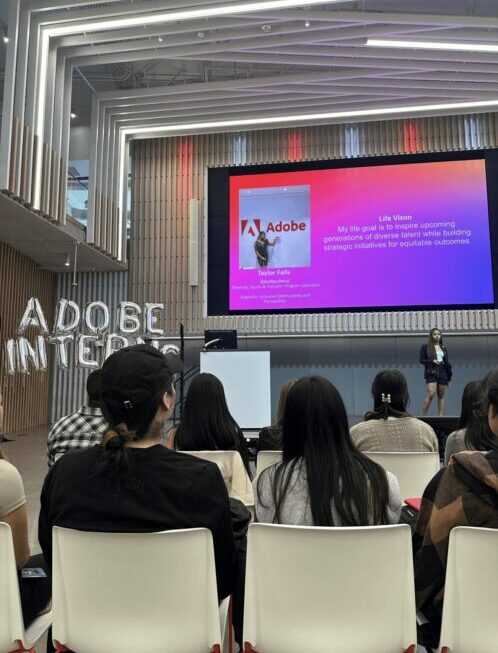We caught up with the brilliant and insightful Taylor Falls a few weeks ago and have shared our conversation below.
Taylor, first a big thank you for taking the time to share your thoughts and insights with us today. I’m sure many of our readers will benefit from your wisdom, and one of the areas where we think your insight might be most helpful is related to imposter syndrome. Imposter syndrome is holding so many people back from reaching their true and highest potential and so we’d love to hear about your journey and how you overcame imposter syndrome.
To be honest, imposter syndrome is something that I am still in the process of overcoming. Working in the tech space where the number of people who look like me is few and far between, there are often days when I ask myself how I even got here.
However, whenever I question whether I belong in a space or not, I always ask myself the question of why wouldn’t I belong. I have the skillsets, I have the expertise, I have the experience, so what don’t I have that those around me do? I realized the answer was self-confidence.
I was always (and sometimes still am) so busy comparing myself to others that I thought there was something else I needed when the whole time what I needed was inside of myself.
Once I began to realize that, I concluded that I was the only one who thought I was an imposter and therefore it was up to me to break the cycle. I do this by practicing positive self-talk, affirming, and celebrating my successes while learning from my mistakes without penalizing myself.
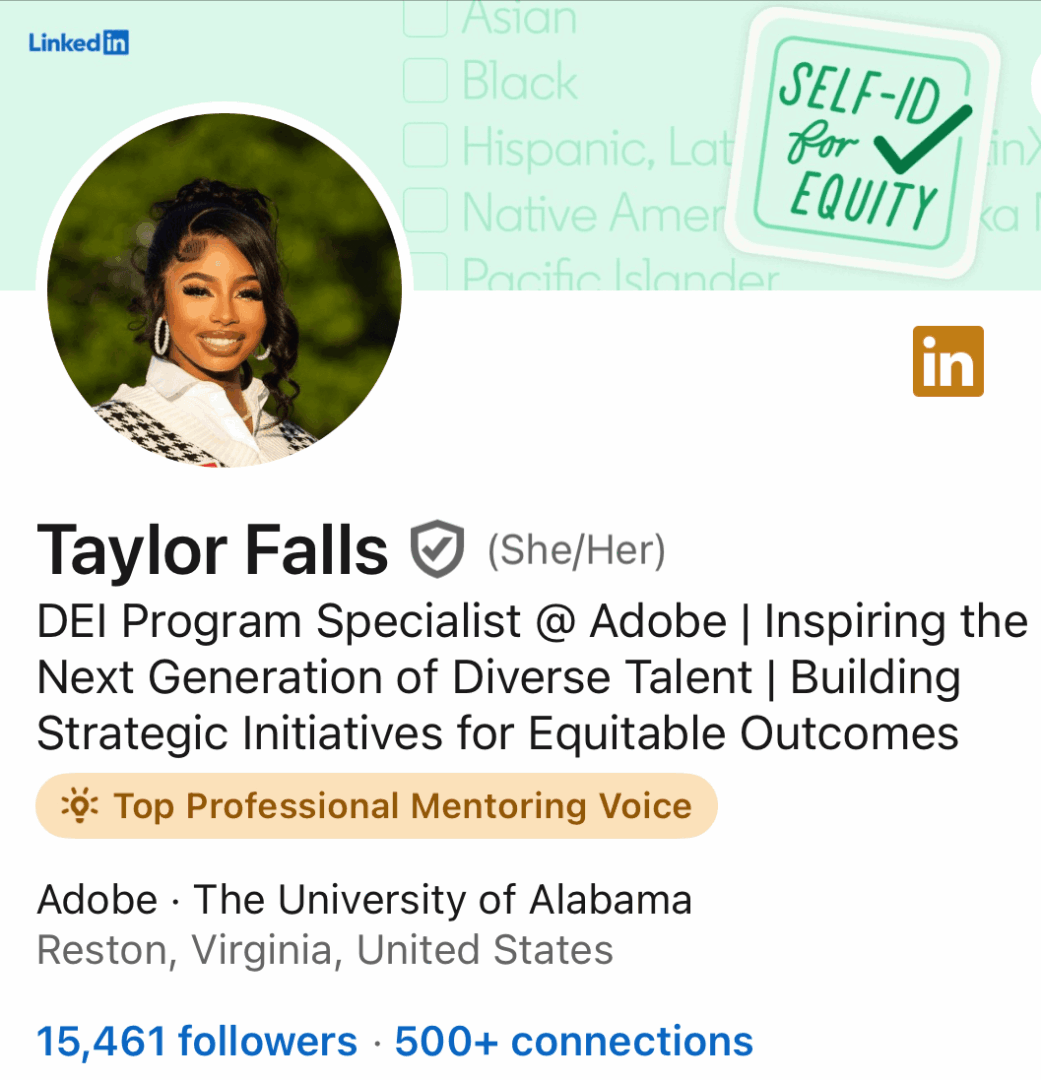
Thanks for sharing that. So, before we get any further into our conversation, can you tell our readers a bit about yourself and what you’re working on?
My passion has always been creating inclusive avenues for those from underserved communities to get the resources and access needed to thrive. As a young girl from Birmingham, Alabama, I saw firsthand the significant difference it made when communities had access to simple things such as financial literacy, professional development, and extracurricular activities. As I grew older, I found myself creating spaces for people who looked like me to access these things. It wasn’t until I was 20 that I realized I had been engaging in what is known as diversity, equity, and inclusion (DEI) in my personal life all along.
One day, I was approached with an opportunity to complete a DEI internship with one of the largest edtech companies in the world. This internship was the catalyst that propelled me into working on DEI in the corporate space. After three DEI internships with companies in various industries, I received a full-time offer to work in DEI in the tech industry. To say that I was elated would be an understatement. I was finally going to be able to work on my passion full-time!
Upon starting my full-time career, I couldn’t help but feel that something was missing. I was doing the job of my dreams, but I felt my impact could be greater. I had gained a plethora of knowledge during my short time in the DEI space, and I still had so much personal passion for expanding access to professional development and financial literacy resources. One day, I thought, why not post about what I know on LinkedIn?
The responses to my posts were more significant than I ever imagined. I was not only giving people what they wanted, but I was also giving them what they needed. My first post was about the steps I took to turn my internship into a full-time role. I’ll never forget how many people messaged me and encouraged me to keep going after that post. Thus, I reimagined my life vision to be one of inspiring the next generation of diverse talent. Now, every week I post internship and entry-level career opportunities, professional development tips and tricks, and I even created a monthly live stream where I bring on a guest to discuss prevalent topics that Gen Z should know as they enter the corporate sphere and adulthood. In less than a year, I’ve amassed a LinkedIn following of over 15,000 individuals solely because I shared my story and my resources.
As I continue along this journey, I am excited to share more of my knowledge with students in the communities surrounding where I now live in the DC Metro area.
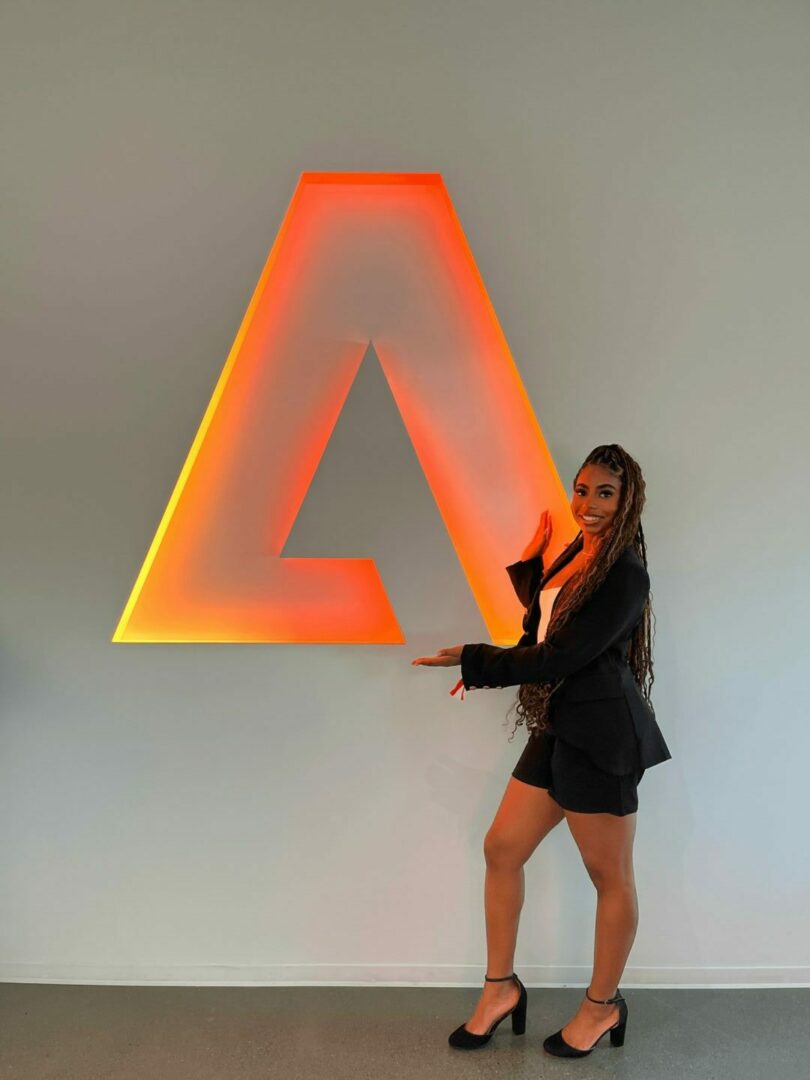
If you had to pick three qualities that are most important to develop, which three would you say matter most?
Looking back many things were impactful in my journey, but if I had to pick three, they would be the following:
Being Outspoken: One thing that nearly everyone knows about me is that I’m not afraid to speak my mind. If I have a question, I will ask it. If I think something could be done better, I will voice my opinion. While some may deem this a negative quality, my ability to be open and transparent has worked in my favor more often than not. Often, I am the one who asks the questions that others are too afraid to ask, ultimately helping to get the clarity everyone else in the room is seeking.
Adaptability: One thing about corporate life is that things are always changing. From the way teams are structured to the goals that need to be achieved and the methods of work, there are constant alterations. By staying agile and adaptable, I’ve been able to weather the storm of many changes, especially while working in DEI during a pivotal time in our country’s history.
Cultural Competency: According to the 2020 Census, America is currently more racially and ethnically diverse than it has ever been. Therefore, it is imperative that we all increase our understanding and acceptance of those who do not look, think, or sound like us. I have seen time and time again that when people do not take the time to learn about those who are different from them, they ultimately make comments that are ignorant or unjust. With resources so readily available, “I didn’t know” is no longer an excuse.
The best way to develop or improve these skills is through research and practice. For example, if you’re uncomfortable with speaking up, research ways to boost your confidence or give a convincing speech. Start small by voicing your opinion to one person, such as a colleague, to practice so that you may become more comfortable doing so in a group setting, like in front of your team.
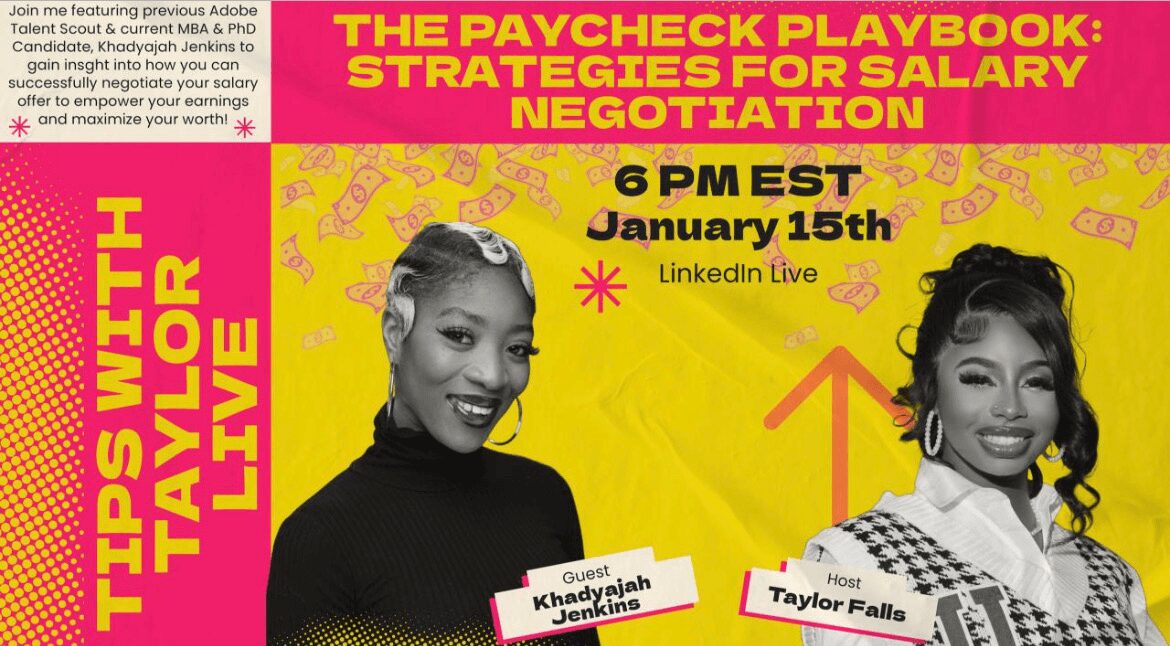
Before we go, maybe you can tell us a bit about your parents and what you feel was the most impactful thing they did for you?
The most impactful thing my parents did for me was to help me build a strong foundational knowledge of finances. As soon as I turned 18, my dad introduced me to our family’s financial advisor. This encounter began my journey of learning how to properly invest and save money with the goal of creating generational wealth for my family. Now, whenever I can, I share this knowledge with individuals from underrepresented groups.
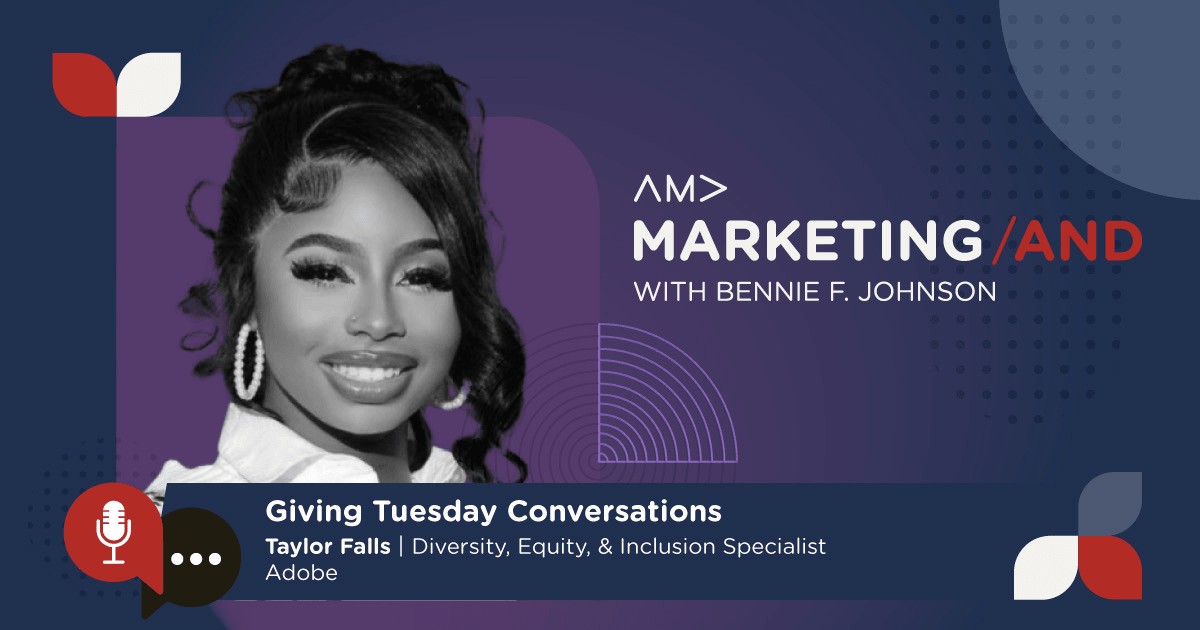
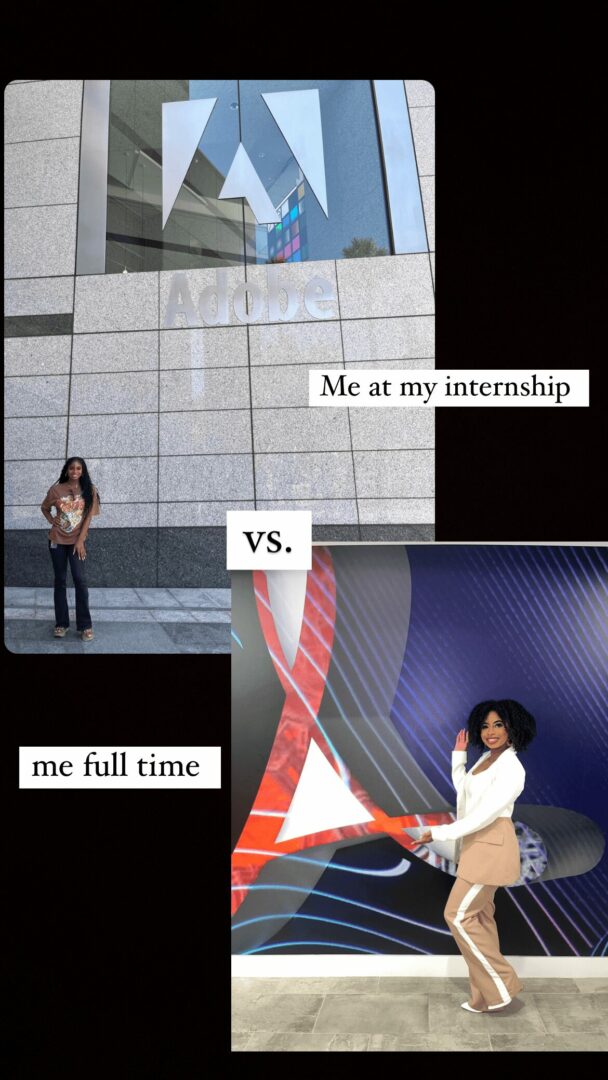
so if you or someone you know deserves recognition please let us know here.

